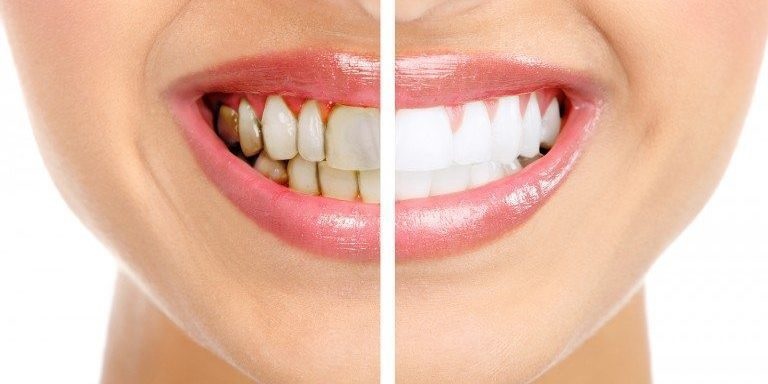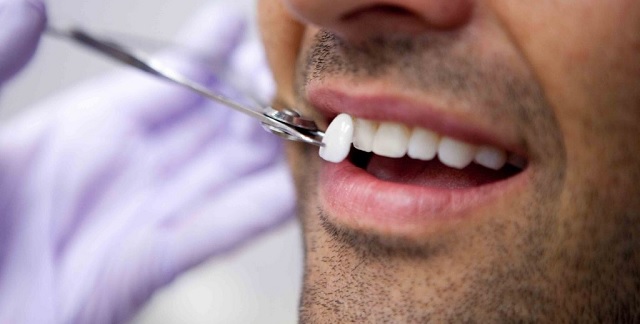Although more than 80% of
implants placed continue to function properly after 15 years, from the dental clinic
in Rani Bagh they insist that the patient should follow some advice
before deciding to have a dental implant.
Currently, dental implants are
among the most reliable surgical techniques of all those performed in human
beings. Despite this reliability, from the dental
clinic in Saraswati Vihar, they insist that patients have to
follow some basic tips that will help them choose the most suitable center and
have some knowledge of what the surgical intervention they will undergo will
be.
What should you know about
dental implants?
They are metallic elements that
are surgically placed in the jaws below the gums, restoring the lost dental
parts. The implant fuses with the jaw bone, providing stable support for
artificial teeth. An advantage of this procedure is that it does not require
the wear of adjacent parts, explains the dentist in Delhi.
Dental implants act as
substitutes for dental root. They are the basis on which crowns or prostheses
can settle to replace teeth that have been lost. Although this is the ultimate
goal, it is essential to sit calmly and plan in detail a treatment
that is stable, functional and aesthetic in the long term before placing an
implant.
The first thing the dentist in Rani
Bagh will do will be a comprehensive, dental and periodontal
medical history to assess possible interference between the patient's
overall health status and implant treatment.
What is the initial phase of
dental implant study and planning?
It is the moment when the implant
team will advise you and give you all the information you need. Keep in mind
that treatment with osseointegrated dental implants is simple, but of high
technical complexity. It must be well studied and planned.
This phase aims to:
- Provide information about the implants or the
type of prosthesis indicated.
- Help choose the ideal time to perform the
treatment.
- Individually check the oral and general health
status of the patient for possible risks or contraindications of the
treatment to be performed.
- Inform the patient of the appropriate
treatment plan.
- Prepare the recovery of your comprehensive health,
guiding you on other possible treatments that you may need, whether dental
(periodontal, restorative...) or general.
With all the information provided
by the patient's models, the scanner or x-ray, the patient's medical history,
the patient's mouth, and what the patient demands or expects from treatment,
the dentist
in Saraswati Vihar can predictably plan the number and location of
dental implants, as well as the shape, size, and orientation of the final
restoration.
According to the Best Dentist in Delhi,
"the treatments with Dental
Implant in Pitampura that we perform have worked very positively and
with very good results, both in duration, comfort, reliability, and aesthetics.
To achieve these results, patients should follow some basic tips before having
a dental implant, so that the whole process, from start to finish, goes
smoothly."
Therefore, the dentist in Delhi
recommends following some basic tips:
- Choose a trusted and referenced dental clinic.
- Have direct dealings with the dentist and
absolute trust in who will perform the surgery.
- Establish a close and mutually trusting
relationship with the dental
implantologist in Pitampura.
- The chosen center must report all possible
treatments, from the number of implants to the type of prosthesis, either
removable or fixed.
- The patient must be informed of the type of
implant to be carried and the trademark, as well as the type of
prosthesis the material from which it is made.
- Another factor to consider is the time, from
the beginning of the surgery phase to the time of implanting the parts. To
shorten the patient's stay at the center and reduce their distress and
stress.
- Likewise, the patient must know at all
times what is going to be done in his mouth and what the waiting time will be. On the other hand, the aesthetics are also of concern and that is why the client has to know if after surgery and until the time of the implant will be able to wear a prosthesis or not.



